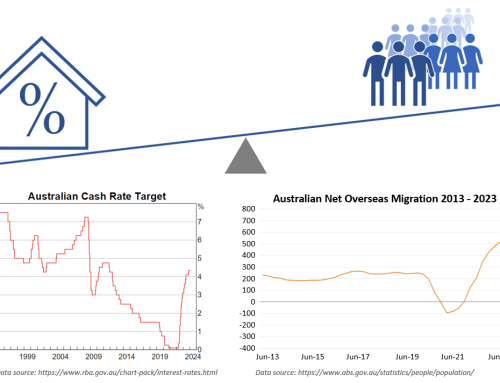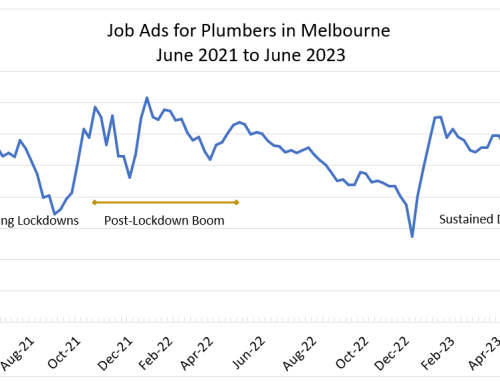Recruitment series – Part 7: Trial day
The best businesses are built by the right people, which is why we love rolling up our sleeves and helping our business coaching clients with their recruitment. We’ve covered a lot of information in our previous posts: Job Descriptions, Job Advertisements, The screening process, Face to face interview, and reference checks.
There’s nothing worse than buying a brand new television with all the latest technology only find out after the purchase that it doesn’t fit in your living room.
Sure, you’ve done your research, found it’s the best TV on the market, but after all is said and done, it just doesn’t sit right in the way you lay out your home.
The recruitment process is similar to any purchase in that, despite all your research, you can never be to sure that someone is the right “fit” until you see them in context.
So how do we make sure we get that right fit?
We’ve found in our time coaching businesses that trial days can answer any remaining questions after following the recruitment process.
It’s like a try-before-you-buy.
And like all good relationships, the process of trial days is a two-way street.
Not only does it help you, the employer, determine whether the person is right for your company, it helps the candidate determine whether the company is right for them.
The best formula that gets results for our business coaching clients (and for our own business too!) is bringing candidates in to your organisation for either a single day, or a few days (time permitting) and immersing them in key tasks.
We generally advise to see if the candidate can take the day off through annual leave and we always stress that the individual needs to be paid for their commitment to a trial day.
There are a multitude of reasons for adopting the trial process in the recruitment process.
Getting the candidate immersed in the role allows you to see the individual’s aptitude to the tasks. Plus it has the added benefit of allowing the candidate to gain an understanding of the tasks required.
Placing the recruit in situations that mirror your company’s work environments also allows you to see how they operate autonomously. And of course, it gives the candidate a chance to get a sense of being a part of your organisation.
Allowing the candidate to involve him or herself in the office and meet new people also allows you to view how they interact and behave with people in your team and your organisation as a whole. If the trial day is done well, it can help the candidate to feel welcome, and get a feel for the culture of your business.
Overall, trial days give an opportunity for you and the candidate to ensure that the decision each will make is going to the best in the long-run.
Trial days can be the difference between finding the candidate that doesn’t gel well with the business, and finding the person who fits just right.





